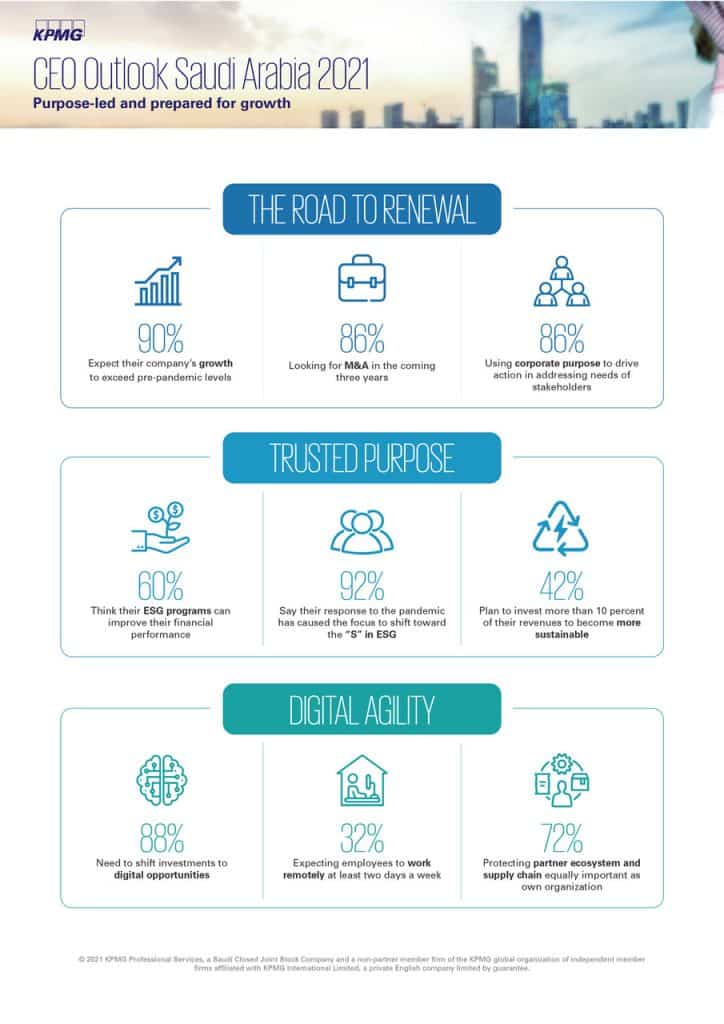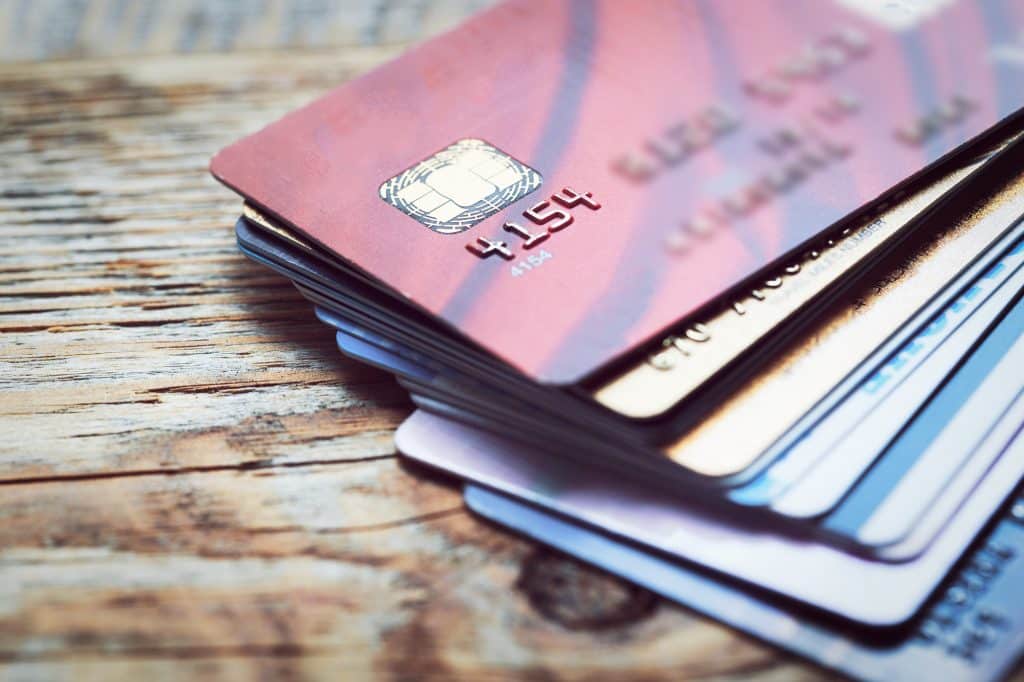While a credit card and a debit card look almost identical on the surface, there is a big difference between a credit and debit card. If you’re looking for which card to use when we’ve rounded up a handy credit card vs debit card guide.
From the differences between the two to how to use each card, we’ve rounded up everything you need to know about credit and debit. Let’s jump in and see which card is right for you and when to use them.
What is a Credit Card?
A credit card is a form of payment issued by a bank or financial institution to lend you money. Unlike a loan, a credit card doesn’t come with loan terms or fixed payment plans. Instead, you’re approved for a certain amount, also known as a line of credit or credit limit.
You can use your credit card as a form of payment online, in-person, through apps, or even on your cell phone in a digital wallet. You’re given a unique credit card number, a card expiration date, as well as a security code for verification purposes. This card is then linked to your credit account.
Whenever you pay for something using your credit card, your account is charged. Every month you don’t pay off your credit card balance, you’re typically charged an interest fee. You can charge an amount up to your available credit limit. A credit card payment is typically due each month.
When your monthly payment is due, there will often be a minimum payment that’s required. Any money over your minimum payment you don’t pay off gets rolled over to the next month, plus interest. To save money, it’s recommended you pay off your credit card balance each month.
What is a Debit Card?
A debit card looks almost identical to a credit card. You’ll have a unique debit card number, an expiration date, and a security code. This card number is then tied to your checking account. Unlike a credit card, you can only spend the cash you have available in your checking account.
A debit card doesn’t come with a line of credit or a credit limit. Whatever balance you have in your checking account is what you can withdrawal from your account using your debit cards. Some savings accounts will also come with a debit card.
You can also use your debit card to take cash out of your bank account. This is done at a Cash Machine, an Automated Teller Machine (ATM) or at a retailer that allows cash-back during a transaction. The money you spend using a debit card comes right out of your bank account almost immediately.
When to Use a Debit or Credit Card?
When it comes to when to use a debit card and when to use a credit card, there’s no right or wrong answer for anyone. Some people prefer to use their credit cards and then pay off the balance in order to accumulate rewards points. Many credit card companies and banks offer points for purchases to be used as cash, for travel, or for additional purchases.
Other people don’t want to run the risk of accumulating a high credit card balance. This is where using a debit card can help keep you out of debt. With a debit card, you’re only spending what you have in the bank.
At an ATM, you’ll often want to use a debit card in order to pull the cash directly from your bank account. You can sometimes withdraw cash from a credit card at an ATM, but this money is added to your credit card balance.
Credit Tips
When using a credit card, it can be difficult to keep your credit balances in check. Because this money doesn’t come out of your checking account directly, it can be easy to slip into a cycle of overspending. This can cause a high amount of debt that you have trouble paying off. This can also significantly lower your credit score.
To keep your credit card debt manageable, make paying off your credit card each month a priority. Use your debit card for as much as possible and use your credit card for larger purchases or for places that require a credit card.
Most banks have an automated payment feature where you can choose to pay off your credit card balances or minimum payments each month. Doing this will help make sure you can keep up with the amount of debt you’re accumulating. Credit shouldn’t be used if you can’t afford to pay it back.
Debit Card Tips
When using your debit card, you want to be mindful of the balance in your bank account. If your balance is low and you’re using your debit card without checking, you may overdraw on your account. This means you’ve spent more than you actually have.
To help you stay on track, most banks have an alert system that tells you when your account is below a certain number. This will help alert you that your balance is low. If you’re constantly getting down to a low balance in your account or using your credit card as a way to pay for things you don’t have enough money for, this could lead to a dangerous cycle of debt. You may also be unable to pay important expenses such as your rent, mortgage, or car payment.
For security reasons, it’s recommended you use a credit card, however, so that if a fraud has occurred, your credit card company can cancel the charges and issue you a new card. With a debit card, your bank account information could fall into the hands of someone fraudulent giving them access to your assets.
Credit Card vs Debit Card
When choosing between a credit card vs debit card, it’s important to consider what you’re buying. Paying a utility bill or taking out cash from an ATM is usually done with a debit card. A hotel stay, however, is often done using a credit card.
If you’re looking for more great financial content, check out the banking section here. We have financial resources on everything from credit cards to home loans, wealth management, and more.







